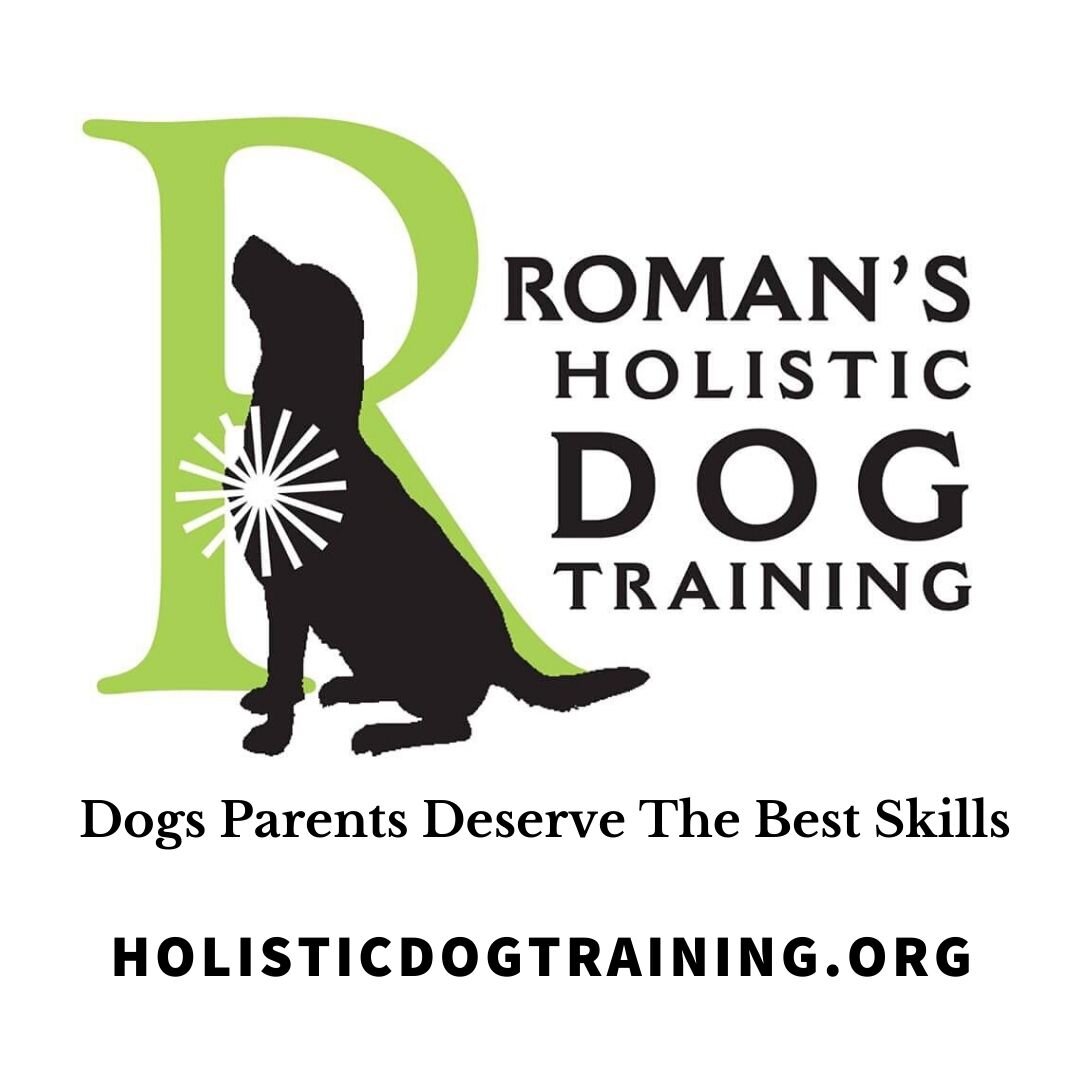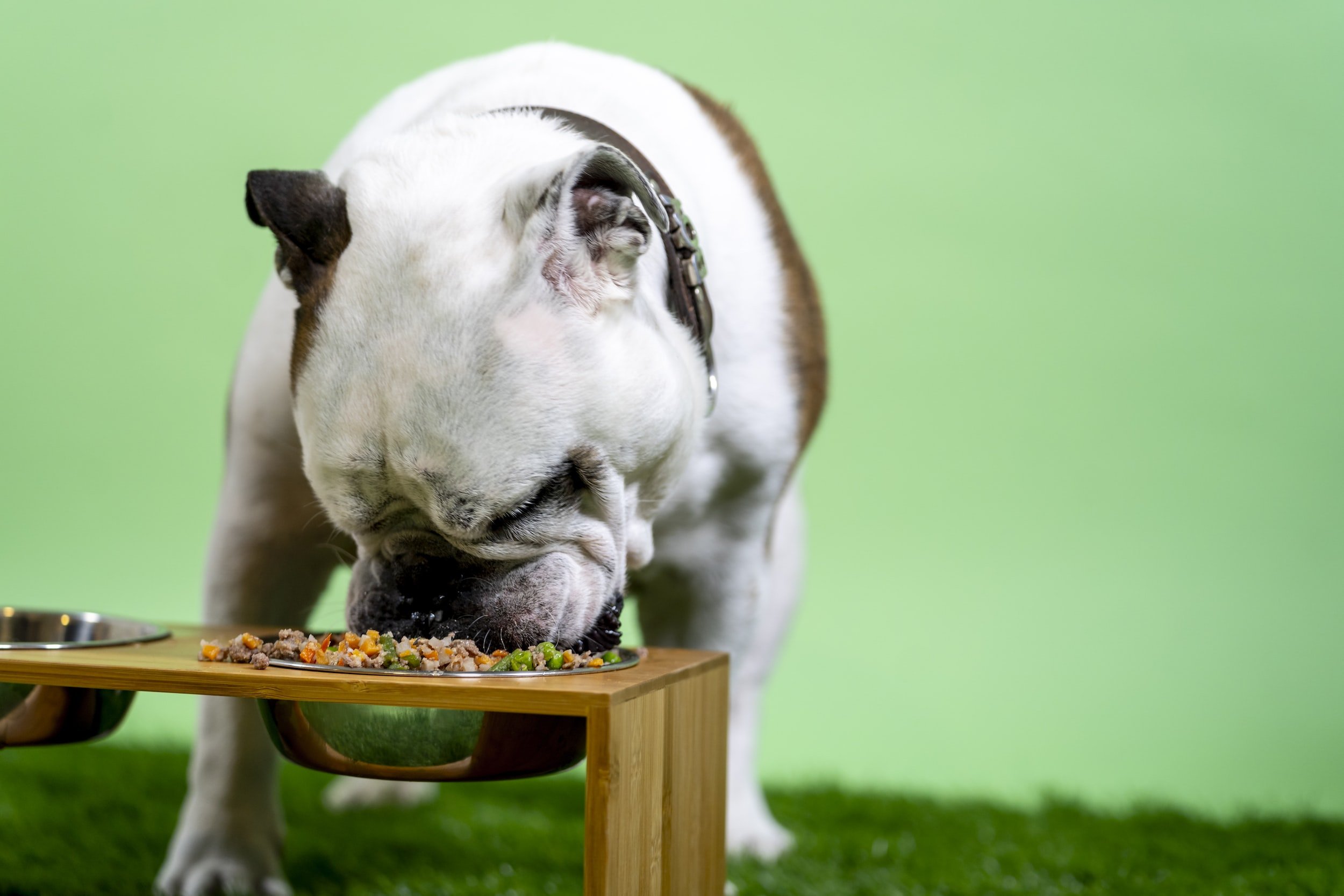Spring is coming, which means it's time to get our pets ready for flea and tick season. Giving your pets more time outside is good for them, but keep in mind, this is the season where you have to be most aware of tick and flea prevention.
Avoid using toxic chemicals and pesticides on your dog. They can be harmful to your dog's health and build up in the environment, leading to further health issues. There are many studies that show that chemical pesticides and flea preventatives can cause seizures in dogs. Instead, opt for natural, safe alternatives to keep your dog healthy and parasite-free.
Holistic parasite prevention for dogs involves treating the whole animal, rather than just targeting specific parasites. This means addressing the overall health and well-being of the dog, including their diet, environment, stress levels, and physical activity.
Symptoms of Pesticide Poisoning
The symptoms of pesticide poisoning can range from mild skin irritation to coma or even death. Different classes or families of chemicals cause different types of symptoms. Individuals also vary in their sensitivity to different levels of these chemicals. Some people may show no reaction to an exposure that may cause severe illness in others. Because of potential health concerns, pesticide users and handlers must recognize the common signs and symptoms of pesticide poisoning.
We've got some non-chemical tips to help you and your dog enjoy the outdoors pest-free.
1. To prevent parasites, it's important to keep your dog's immune system strong. This can be achieved through a healthy diet, adequate exercise, and keeping stress levels down.
2. Hygiene is a big factor in external parasite prevention. Smelly breath and skin are attractive to them, and one of the reasons they'll jump onto an older dog before they attack a puppy. Older dogs tend to be stinkier. Keep your dog's coat clean and brush their teeth regularly to deter fleas. The Book Cooperative Care: Seven Steps to Stress-Free Husbandry will be very helpful.
3. Speaking of smell, pests can’t stand the smell of garlic, but be careful when giving it to your dog. In small amounts it's fine, but can be toxic and even fatal if you use too much. There are great garlic and brewers yeast remedies that can be bought over the counter to prevent this that have safe amounts of garlic. Studies have shown that 15 to 30 grams of garlic per kilogram of body weight could make them sick. That translates to approx. 30 cloves for a twenty-pound dog!
4. Apple cider vinegar helps dogs with gut health, which decreases smelly breath and skin. It can also be used mixed with water as an after bath rinse to keep your dog's coat healthy. Fleas and ticks tend to not like the smell of it, so it's an added preventative.
5. Keep your dog's living environment clean and free of standing water, as parasites thrive in dirty, wet environments. They also love tall grass and brush to hide out in and lay their eggs, so keeping your yard tidy can keep flea and tick populations down.
If your dog is reactive to vacuum I highly recommend to read Linda Michaels, MA book The Do No Harm Dog Training and Behavior Handbook: Featuring the Hierarchy of Dog Needs. With step by step instructions how to desensitize your dog, and amazing training tips in chapter 5, and 8.
6. Another brilliant, non-chemical method is purchasing beneficial nematodes. Beneficial Nematodes are microscopic colorless roundworms that live in the soil and eat insect larvae. You can purchase them from companies like Arbico or BioLogic These tiny little bugs lay their larvae on slugs, so they’ll get rid of that population for you, too. They aren’t harmful to your plants or pets, but are highly effective in combating fleas as well as other pests. Spray them around your garden, and within a few weeks, pests like fleas, ticks, and slugs are gone for good. Don’t worry, though, they don’t harm pollinators, so bees, butterflies, and other beneficial insects will be okay. ( I would get these only from the manufacturer as they are very sensitive to temperature and moisture - read instructions before ordering)
7. Wondercide is a stellar Texas-based company that was born out of the need to have alternatives to the harsh chemical pesticides, which are sadly used regularly. Their products are plant-based, kid and pet-safe, USA-made, and cruelty-free. Strive to support companies that truly advocate for your pet’s wellbeing.
8. If you live close to a wooded area, you will most likely encounter ticks. Build a “dry moat” around your yard. To make it harder for ticks to cross to your yard, cut back brush and build a gravel or wood-chip border 3 feet wide around it. Ticks and other pests really don’t like cedar, so make sure to incorporate some into your moat.
If you know your pet shows any aversive reaction, or if the animal is having seizures, losing consciousness, is unconscious or is having difficulty breathing, telephone your veterinarian, emergencyveterinary clinic, the Animal Poison Control Center hotline (888-426-4435) or Pet Poison Helpline (855-764-7661) immediately.
Disclosure: As an Amazon Associate I earn from qualifying purchases, at no extra cost to you. thank you for your support.
References:
Kovalkovičová N, Sutiaková I, Pistl J, Sutiak V. Some food toxic for pets. Interdiscip Toxicol. 2009 Sep;2(3):169-76. doi: 10.2478/v10102-009-0012-4. Epub 2009 Sep 28. PMID: 21217849; PMCID: PMC2984110.






